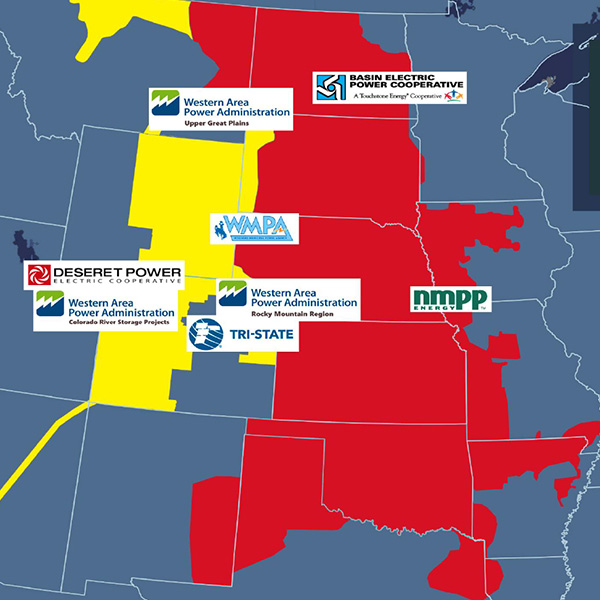President Joe Biden has suspended a Trump administration rule that restricts the purchase of bulk power system equipment from foreign adversaries, putting in doubt the future of the measure even as the industry mobilizes to carry it out.
Biden ordered a 90-day review of executive order 13920 as part of a raft of executive actions carried out on his first day in office last week. (See Biden Begins Undoing Trump’s Legacy.) His orders included rejoining the Paris agreement on climate change, revoking the permit for the Keystone XL oil pipeline granted by the previous administration, and putting a temporary moratorium on oil and gas drilling in the Arctic National Wildlife Refuge.
During the 90-day suspension the secretary of energy and the director of the Office of Management and Budget are directed to “jointly consider” whether a replacement order should be issued. Biden has nominated former Michigan Gov. Jennifer Granholm and former Obama administration staffer Neera Tanden, respectively, to fill those roles. (See Dems’ Senate Gains Raise Hopes for Biden Agenda.) Granholm’s confirmation hearing in the Senate Energy and Natural Resources Committee is scheduled for Jan. 27.
Trump Order Cited Security Threats
Trump issued order 13920 last May, declaring a national emergency regarding foreign adversaries — a term defined as any foreign government or nongovernment person engaged in long-term or serious instances of conduct threatening the security of the U.S., its allies or its citizens. (See Trump Declares BPS Supply Chain Emergency.) DOE later identified China, Russia, Iran, Cuba, North Korea and Venezuela as foreign adversaries subject to the order. (See NERC Issues Level 2 Supply Chain Alert.)
The order banned federal agencies, citizens and companies from transactions involving BPS equipment developed or manufactured by an entity connected with a foreign adversary that:
-
-
- poses a danger to the U.S. electric grid;
- creates a risk of catastrophic effects to U.S. critical infrastructure; or
- otherwise threatens the national security of the U.S. or the safety of its citizens.
-
The Department of Energy followed up Trump’s declaration with a prohibition order late last year barring utilities that supply critical defense facilities — defined by Congress as facilities that are “critical to the defense of the United States” and “vulnerable to a disruption of the supply of electric energy” from external providers — from buying certain equipment made by companies based in China. (See DOE Issues China BPS Equipment Ban.) That order took effect Jan. 16; affected entities are required to certify with DOE by March 17 that they have not entered such transactions and have processes to ensure future compliance.
NERC and the DOE both issued information requests in July in response to order 13920: NERC via a Level 2 alert seeking data on the exposure of the grid to foreign adversaries, and the DOE with a request for information on the industry’s practices for identifying and mitigating supply chain vulnerabilities for BPS components.
FERC followed up in September with a Notice of Inquiry seeking comments from stakeholders on the extent of their use of BPS equipment and services originating overseas, potential risks from such equipment and services, and how those risks might be mitigated (RM20-19). (See FERC Opens Supply Chain Cyber Risk Inquiry.)
Responses to the NOI indicated support from industry participants in general for the government’s efforts to limit the risks posed by foreign-manufactured hardware, but many expressed concern over the difficulty of rooting such equipment out of existing systems. (See NOI Responses Describe Supply Chain Challenges.) Utilities have also warned that overly broad supplier bans could hobble their ability to operate effectively.
“If we’re being told [we’re] only allowed to use one or two [suppliers] … [we] may not be able to fully support this industry,” said Mike Kormos, senior vice president of transmission and compliance at Exelon, during the National Association of Regulatory Utility Commissioners’ Summer Policy Summit last year. (See Industry Seeks Clarity on Supply Chain Orders.)


